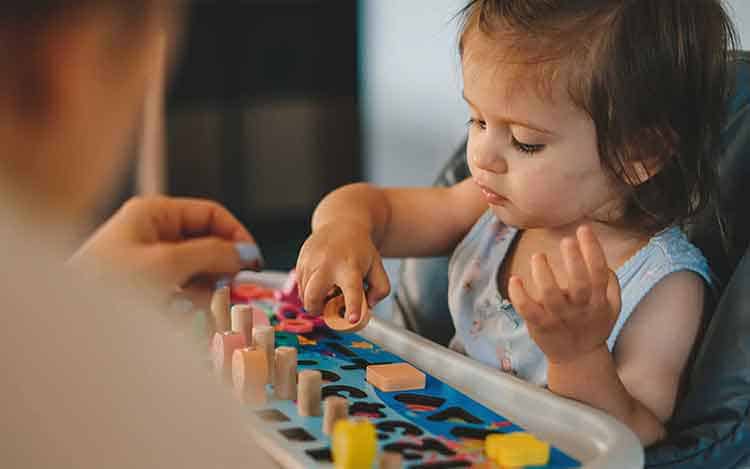The Power of a Growth Mindset in Treating ADHD in Children
Behind every challenge a child faces, there’s an opportunity for growth and learning—this is the essence of the growth mindset. Rather than seeing abilities as fixed or innate, a growth mindset is the belief that skills and intelligence can be developed through dedication and hard work.
Growth Mindset vs. Fixed Mindset
Imagine two children facing a math problem. The one with a fixed mindset thinks, “I’m just not good at math,” while the one with a growth mindset perceives the same problem as a chance to improve. The fixed mindset solidifies the notion of limited potential and is inappropriate for children, especially those with ADHD, who often meet more learning challenges than most. In stark contrast, a growth mindset kindles resilience, affirming that effort leads to mastery and intelligence can blossom with time.
Enhancing ADHD Management With a Growth Mindset
For children with ADHD, the shift to a growth mindset can redefine the educational journey. Shifting the focus from innate talent to continuous improvement, children learn to appreciate the value of their efforts. Embracing mistakes as learning opportunities,rather than as reflective of inborn deficiencies, a growth mindset can fuel their self-esteem and make the hurdle of ADHD far more surmountable. Such an empowered perspective fosters perseverance, a crucial trait that enables children with ADHD to navigate their unique set of challenges.
- In a growth mindset, children see challenges as opportunities to grow.
- Effort and strategy are lauded over innate ability or talent.
- Learning from mistakes is a core principle, vital for children with ADHD.
- Perseverance is encouraged, reinforcing that abilities are honed over time and not predetermined.
10 Strategies for Developing a Growth Mindset & Treating ADHD in Children
When it comes to treating ADHD in children, a growth mindset is a powerful tool. This approach can encourage kids to see challenges as opportunities and mistakes as learning experiences. Here are ten strategies to cultivate a growth mindset while managing ADHD symptoms:
1. Set Learning Goals Instead of Performance Goals
Encourage children to focus on the process of learning rather than just the outcome. Setting goals aimed at improvement helps them value growth over perfection.
2. Praise the Effort, Not Just the Result
Acknowledge the hard work and resilience your child demonstrates. Praising efforts rather than natural ability reinforces the value of persisting despite difficulties.
3. Teach That Brains Can Get Stronger
Use analogies like muscles that grow with exercise to convey that intelligence and abilities are not fixed. Children with ADHD benefit from understanding that they can enhance their brains through practice and learning.
4. Normalize Setbacks
Treating ADHD in children involves inevitable setbacks. Normalize these experiences by framing them as essential parts of learning, promoting a resilient mindset.
5. Promote Positive Self-Talk
Help children develop a positive and supportive internal dialogue. Phrases like “I can improve” instead of “I can’t do this” can make a significant difference.
6. Emphasize Learning Over Comparison
Encourage children to compare their progress with their past performance, not with other children. This focuses attention on personal growth and minimizes feelings of inadequacy or competition.
7. Encourage Curiosity
ADHD can be channeled into positive exploration. Fostering children’s curiosity by supporting their interests can lead to heightened engagement and persistence.
8. Teach Flexible Thinking
Show children how to approach problems from different angles. ADHD can sometimes cause rigid thinking, so teaching flexibility can open new paths for problem-solving and learning.
9. Reward Progress & Small Wins
Recognizing and celebrating progress, no matter how small, can boost motivation and a sense of achievement for children with ADHD.
10. Model a Growth Mindset
Children learn by example. Exhibit a growth mindset yourself. When adults face challenges, they can demonstrate how to embrace struggles positively and persistently.
Treat ADHD in Children With Abbey Neuropsychology Clinic
At Abbey Neuropsychology Clinic, we understand that every child with ADHD has unique needs and challenges. Our team is committed to customizing treatment plans that use growth mindset strategies, enabling children to thrive. Reach out to us for comprehensive support tailored to your child’s journey towards success.

